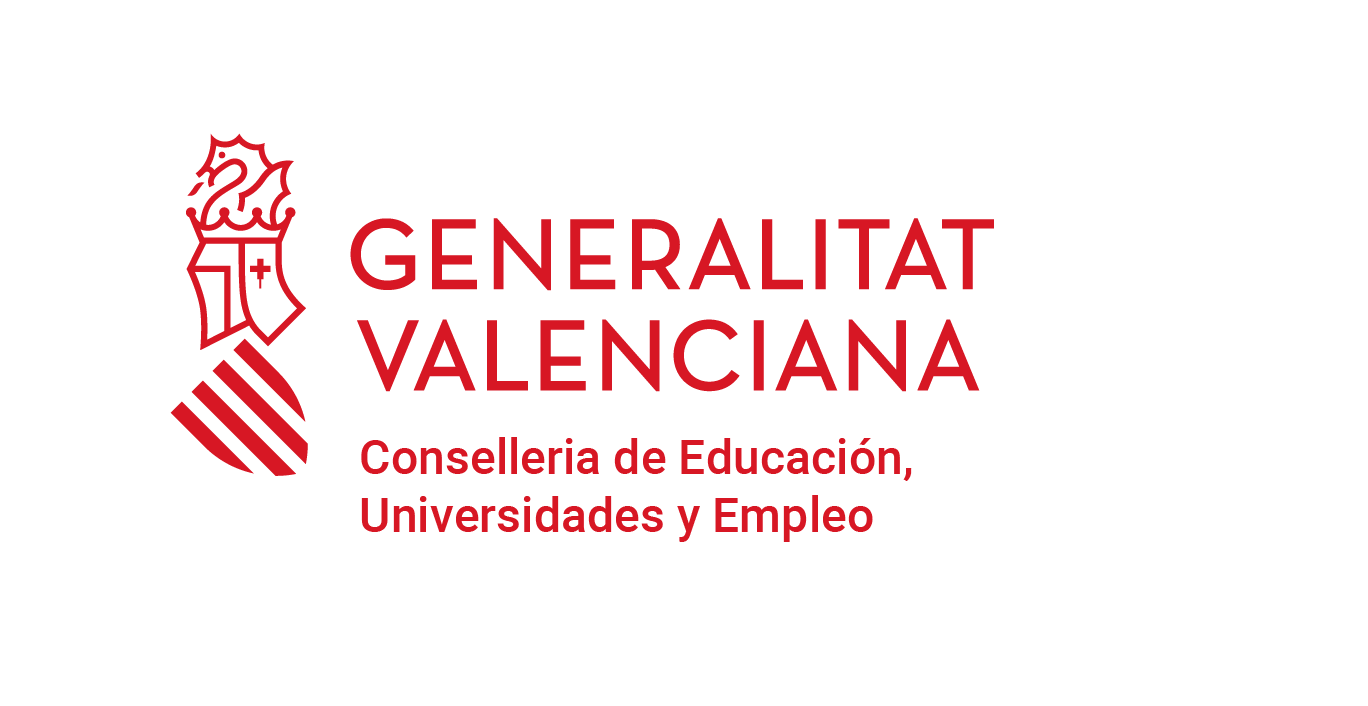This novel system will speed up the analysis of this pathogen and will do away with the tedious analysis work done by laboratory technicians as it is automated. This technique does not require the bacterium to grow and, if compared with the conventional culture technique, it will considerably reduce fungibles, instruments and analysts’ time.
This system is based on the capture and separation of the microorganisms fraction contained in a sample by the activated magnetic supports added to this sample, which bind to microorganisms. These captured complexes are resuspended in a liquid, which will change colour only if the E. coli bacterium is present. Another of its novel aspects is that its measurement strategy enables the effect of interferents in the analysed water to be subtracted from the final measurement. Therefore the final reading obtained is unmistakably attributed to the target bacterium.
Large concentrations of Escherichia coli are present in normal intestinal microflora in humans and animals, where it is generally quite harmless. Nonetheless in other body parts, E. coli can cause severe diseases, such as infected urinary tracts, bacteriaemia and meningitis. A small number of enteropathogenic strains can provoke acute diarrhoea. Through contaminated water, it can return to people and cause diseases. In a recent report by the World Health Organization (WHO), this UN organisation included E. coli in a list of what it considers are the seven most dangerous infectious agents as they show more resistance to antibiotics.
The project responds to the need to provide a determination in line with the level of this bacterium in order to improve its control and prevention as it may pose a threat for public health. The selection of active magnetic supports and the elimination of interferents can prove paramount to obtain an independent measurement system of the growth of this bacterium and can enable its automation.
This detection system has been developed thanks to the support and trust that the InnoCash programme has given the company and the human team that form it. InnoCash is a programme that identifies and evaluates R&D results, and it co-finances their development by facilitating their transfer to the market. The programme was initially promoted by the Spanish Genome Foundation, and has been managed by CDTI of the Spanish Ministry of Economy and Competitiveness.




